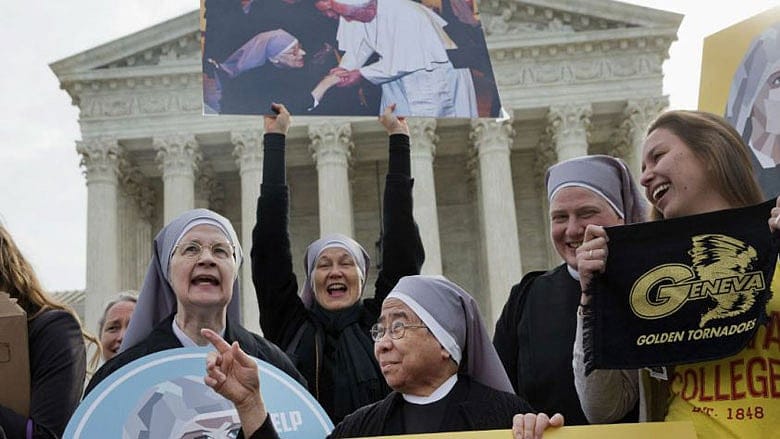Little Sisters win a big battle — and maybe the war

The Little Sisters of the Poor and the other religious organizations challenging the Obamacare contraceptive mandate on religious freedom grounds won an important victory at the U.S. Supreme Court on Monday. The Court unanimously vacated the lower courts' judgments against them, and remanded the cases for further exploration of the possibilities of sensible compromise that would satisfy their religious objections as well as the government's interest in the provision of free contraceptives.
[perfectpullquote align="full" cite="" link="" color="" class="" size=""]RELATED: Supreme Court passes on ruling in Little Sisters case[/perfectpullquote]

